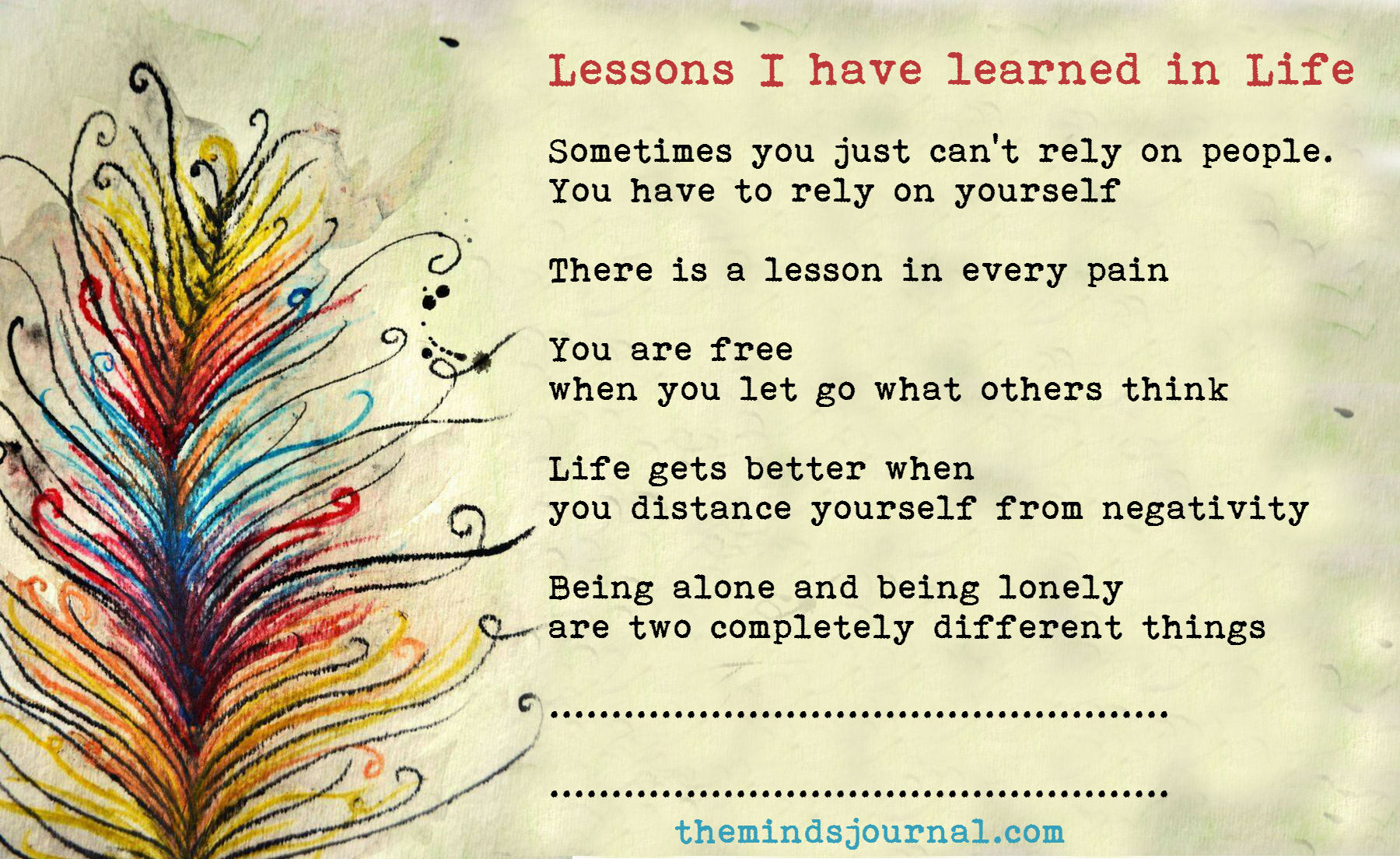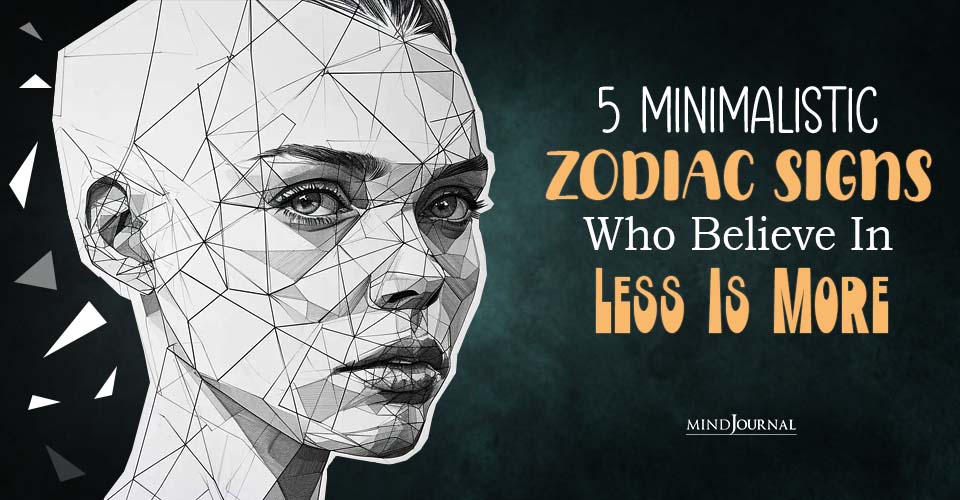Interviewed by Kyle Benson
Susan David, Ph.D. is an award-winning psychologist on the faculty of Harvard Medical School and the CEO of Evidence Based Psychology, a boutique business consultancy. Her new book Emotional Agility: Get Unstuck, Embrace Change, and Thrive in Work and Life teaches a counterintuitive approach to achieve your true potential, which was heralded by the Harvard Business Review as a groundbreaking idea of the year in 2016.
Kyle: What is emotional agility and how does it impact our romantic relationships?
Susan: Emotional agility is the ability to have a full range of emotions and experiences, including more difficult ones, and still choose to act in ways that are concordant with our values. This is more important to our romantic relationships than any other aspect of life because in our relationships we are often emotionally agile.
Kyle: What does being emotionally inagile look like?
Susan: Being emotionally inagile happens when our thoughts, emotions, and stories start to dominate our behavior with our partner, which dominate our actions and ultimately take us away from the relationship.
When I say thoughts, emotions, and stories, these are the kinds of things people have in their relationship. Thoughts like:
- I’m not good enough.
- There’s no point in having this conversation, so I might as well shut down.
- If I reach out to this person, will I be rejected?
We have thousands of thoughts every day and a lot of these thoughts are around our relationships. We experience anger, anxiety, and concern about rejection that come up and we often tell ourselves stories. For example, I just talked with someone yesterday whose parents got divorced and whose husband was divorced before, so they both had this story that relationships don’t last.
Or we have stories about what our values are or what we deserve. It’s really important to realize that these thoughts, emotions, and stories are normal. All of us have difficult thoughts. All of us have difficult emotions. And all of us come to the world with stories. It is the way that we start to make sense of life. And it helps us sort out what is and is not important because we can’t pay attention to everything.
Kyle: In your book, you talk about how we get hooked on our stories. Can you explain how this impacts our behavior?
Susan: Stories are really important in keeping us sane and functioning, but these stories can start to take up more space in our life and dominate our actions in ways that don’t serve us.
One of the things I talk about in Emotional Agility is how people get hooked. Maybe for you, you say something like, “There’s no point in talking” and you just keep quiet. You end up having this fusion where your thoughts, emotions, and your stories actually drive your actions. So you have to ask yourself, “Who is in charge?” Is it your emotions, or the person who is experiencing all of the emotions? Who is in charge of the story? The story or a person who has many stories?
When we get hooked, our thoughts, emotions, and stories take charge and take us away from behavior and actions that are congruent with our values with the way we actually want to love.
Kyle: One of the things I loved about your book is how you connect our values to our actions. Can you speak to that in terms of relationships?
Susan: Yes, absolutely. So in my book, I talk about different ways of being with ourselves.. Not like slashing your story or telling yourself, “I shouldn’t have that emotion.” But rather recognize that we can be with ourselves in a way that is compassionate and learn the function of our emotions, stories, and thoughts, such as is it showing up to protect us. It’s important to have compassion because there will be times when we will act in ways that are not congruent with our values.
Values Can Bring Us Closer to Our Lover
Susan: One of the things I talk about in my book is this idea of walking your why. When it comes to relationships, what that really means, is having two or three core values. This isn’t about goals.
Often in relationships, people will say that my goal is to stop fighting. Or my goal is to go on a date night and spend special time together three times a month. Or to increase the number of times we have sex a week.
To me goals are endpoints that are things you can define and that you can measure. What I’m talking about with values is the quality of experience that is important to you. What is the direction that you want to move your relationship in?
The difference between the value and goal in this context is that with values, you never reach that endpoint. You don’t reach that endpoint that says, “I’m now in a loving relationship,” because our experience fluctuates and changes every moment. Instead ask yourself, “What is crucially important to me in my relationship?”
Kyle: You’re getting at the essence of what someone wants and needs in their relationship. Can you give us an example?
Susan: For example, one of the things I hold very clear in my relationship is that I want what I call a “clean relationship.” What I mean by a clean relationship is a relationship where my husband can be tired or he can be busy at work, and we don’t get into a space where we are walking on eggshells around the other person. I don’t have that story that my partner is too busy to speak to me so now I’m not going to speak to them for a week. One of the things I intentionally do in my relationship is the opposite.
It is important to me that there are no parts of the relationship that are no go discussion areas. Another really important value that I hold in my relationship is one of generosity. For me that means assuming good intentions and giving the other person the benefit of the doubt.
What is important here is that so often when people are trying to get through relationship difficulties, what they try to do is try to manage or control their thoughts, emotions, and stories. This happens when a partner is really angry or hurt and they try to control themselves.
What I talk about is a very different approach where you open your heart up towards the thoughts, emotions, and stories that you have and are compassionate towards them. You recognize that they don’t need to be in charge because you get to be in charge and you become clear about what is it that matters to you and what are the qualities of action that you want to bring to your relationship.
What we know from the research is that when people are feeling stressed, when they are feeling pressured, when they are running around with kids and trying to get children off to school, is often the time when they get hooked.
So they attach themselves to stories, emotions, and thoughts that aren’t helpful or they focus on what is called social contagion, which is where you compare yourself to your friends and their relationship and start to beat yourself up. Or you start to mindlessly engage in behaviors that don’t serve a relationship. So for example, you stop looking your partner in the eye or you stop greeting them when they come home from work. These are mindless behaviors and what we know from the research is that they can be very pervasive and they can be very destructive.
The really important takeaway is that I don’t mean values in an abstract kind of way. Maybe for the reader, their value is being collaborative or caring or having a clean relationship. Every day you get hundreds of opportunities to either make a move that is towards that value or away from that value. In my book I call these choice points.
Kyle: Choice points sound a lot like what Dr. Gottman refers to as sliding door moments. Can you give us an example?
Susan: For example, your partner comes home from work and you have a choice point. Do you stand up and put your arms around the person or do you stay sitting? Do you make a move that is towards your value or away from your value? This is really important because I am suggesting that values can become very strong defining features in how we show up for our partner. If you have these values front of mind, then you can ask yourself, what are the habits I have that are not congruent with my values?
When you realize that, you can start actively making tiny tweaks, which are small moves in the direction of your values, but ultimately we know make a very big difference in people’s relationships over time. In Emotional Agility I talk about how this relates to Dr. Gottman’s research on bids for connection.
Kyle: I really love that idea, because when our values align with our actions, we are intentionally choosing to behave in ways which allow us to create the connection we want.
Susan: Exactly. It’s important to notice our emotions, thoughts, and stories with compassion and approach them with curiosity without letting those thoughts or emotions drive you. Instead, make choices in which your values are congruent with your actions and do this every day. The whole thing behind tiny tweaks is often people say “what difference does it make?,” but what we know is that these small positive interactions compound, so over time your values create a very meaningful relationship.
Read How Being Nuanced with Your Emotions Enhances Your Well-Being
Editor’s Note: This is part one of a two part interview with Susan David, Ph.D., author of Emotional Agility: Get Unstuck, Embrace Change, and Thrive in Work and Life.
Get a personalized emotional agility report here. To learn more about how emotional agility can improve your relationships, order your copy of Susan’s book on Amazon here.
This article was originally published on The Gottman Relationship Article.









Leave a Reply